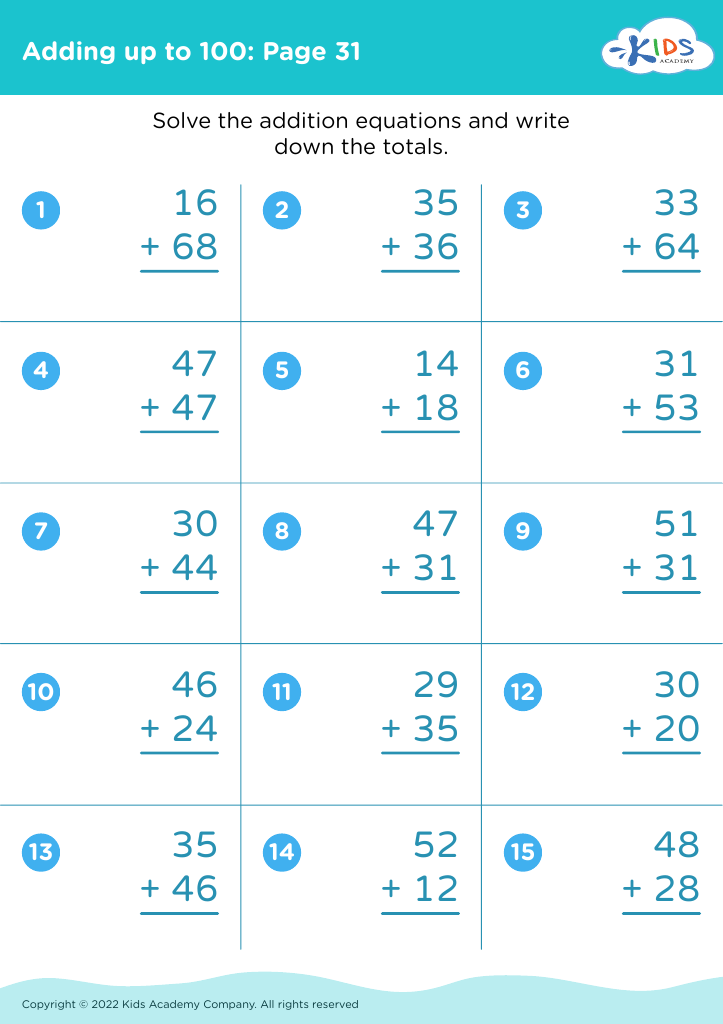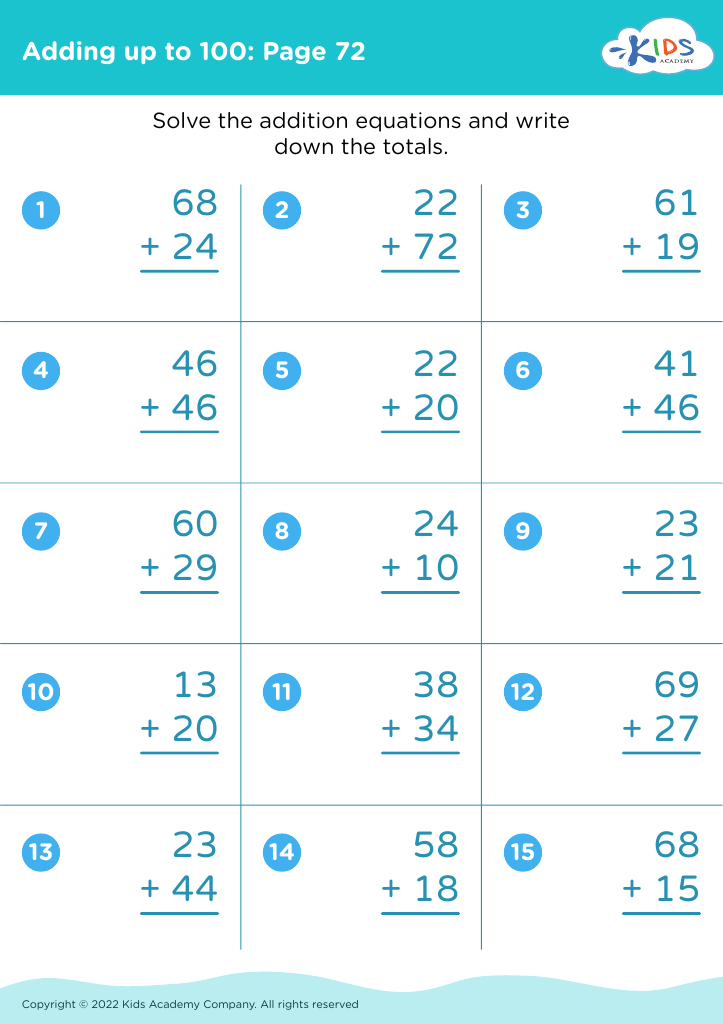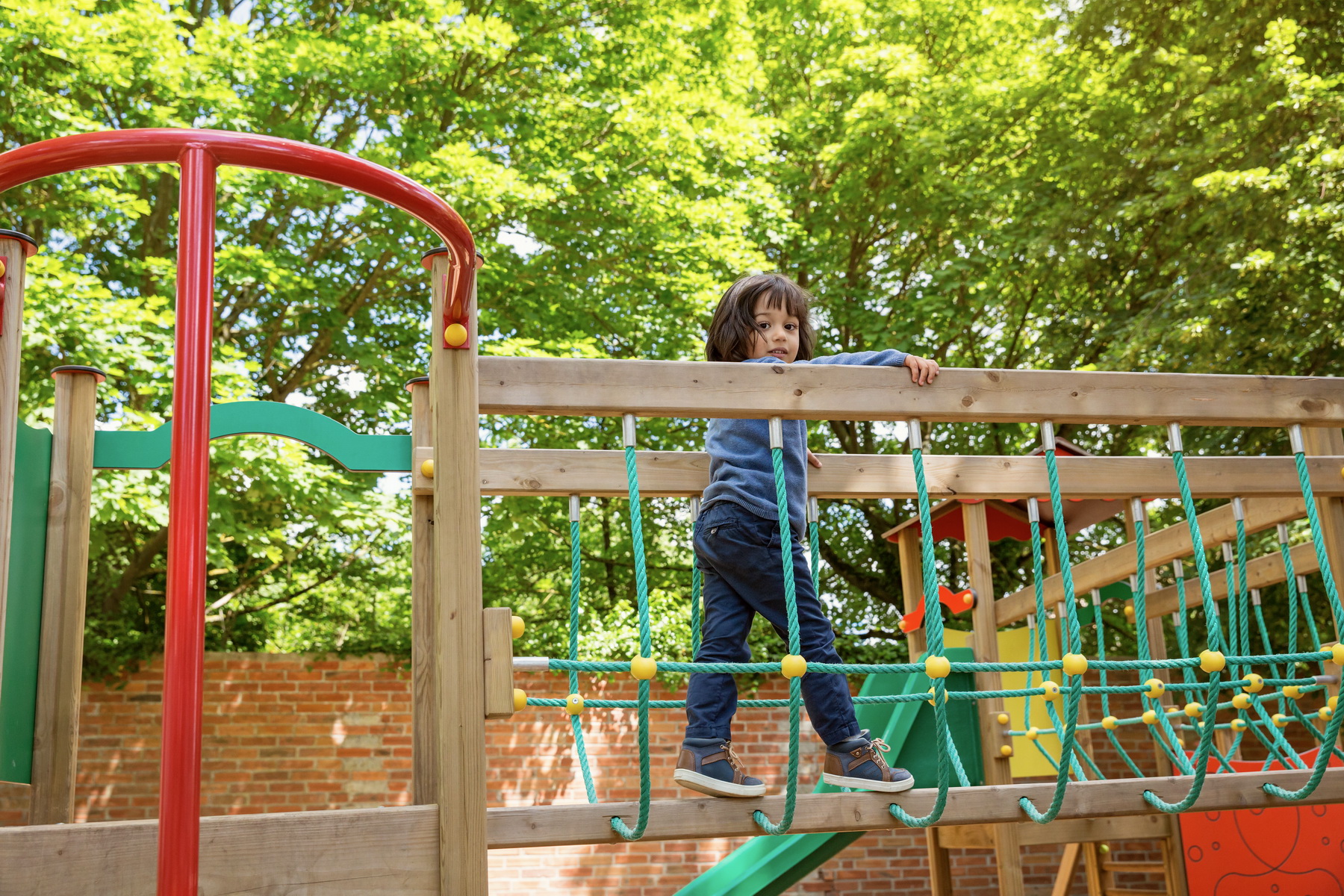Develop number recognition Worksheets for 8-Year-Olds
5 filtered results
-
From - To
Enhance your 8-year-old’s mathematical skills with our engaging number recognition worksheets! Designed to make learning fun, these resources will help young learners identify, read, and write numbers with confidence. Our worksheets feature a variety of activities, including number tracing, counting games, and matching exercises, all aimed at reinforcing number recognition in a playful manner. Ideal for both classroom use and at-home practice, these printable worksheets cater to various learning styles. Whether your child is struggling or simply looking to boost their skills, our number recognition worksheets provide the perfect foundation for a lifetime of math proficiency. Start your journey today!
Developing number recognition in 8-year-olds is crucial for several reasons. First, number recognition forms the foundation of essential math skills, enabling children to progress in math confidently. At this age, they encounter more complex mathematical concepts, including addition, subtraction, and multiplication, which require a solid understanding of numbers.
Second, strong number recognition skills enhance a child's ability to engage with real-world situations. From counting items during shopping to understanding time and money, these skills aid in daily decision-making and problem-solving.
Furthermore, number recognition is linked to overall cognitive development. When children recognize numbers, they can engage in games and activities that foster critical thinking and logical reasoning skills. This not only bolsters their math competency but also promotes a love for learning.
Finally, parents and teachers play a vital role in nurturing this skill through supportive activities, such as counting games or interactive worksheets, thereby fostering an encouraging learning environment. When children master number recognition, they gain self-confidence and the courage to tackle new challenges in mathematics and beyond.
In summary, prioritizing the development of number recognition is a pivotal step in nurturing well-rounded, mathematically proficient, and self-assured learners.

























